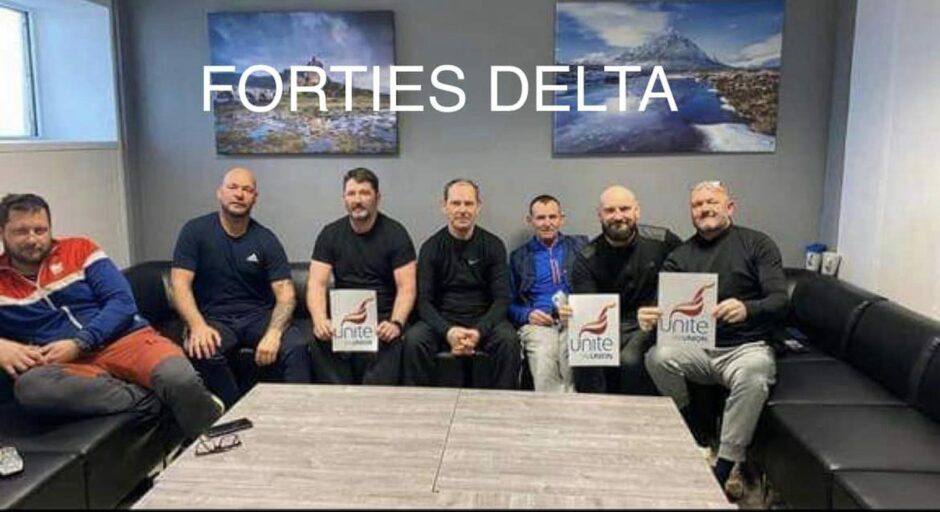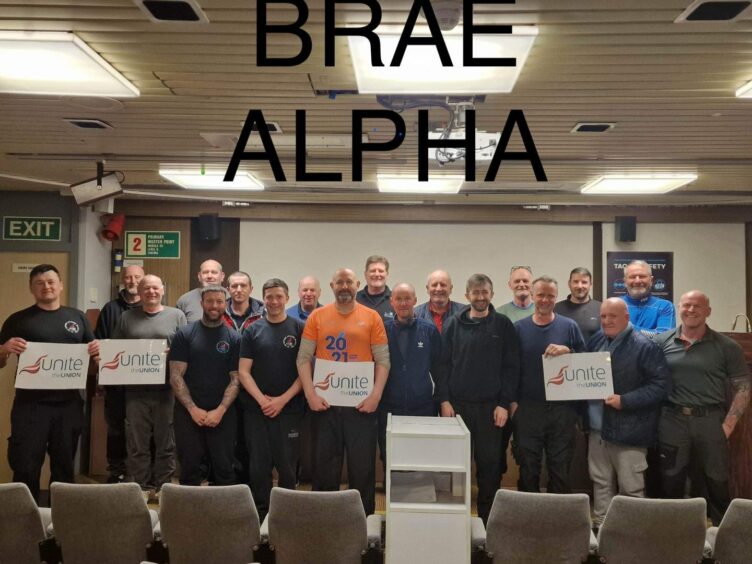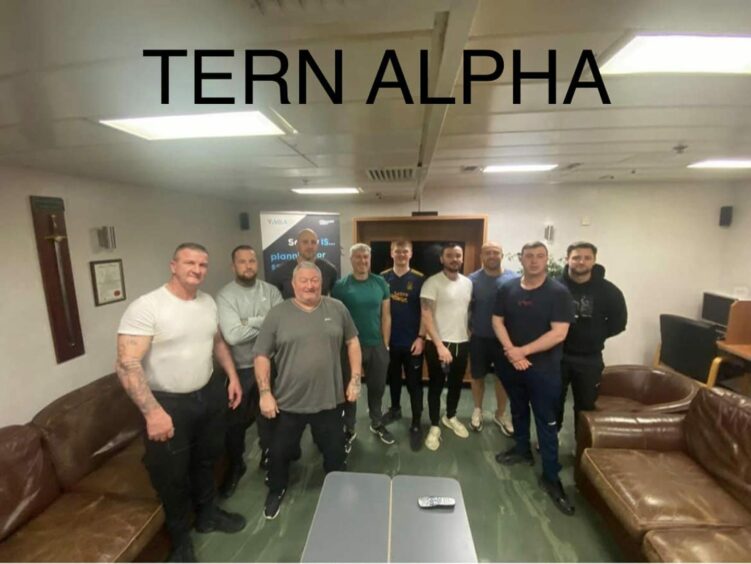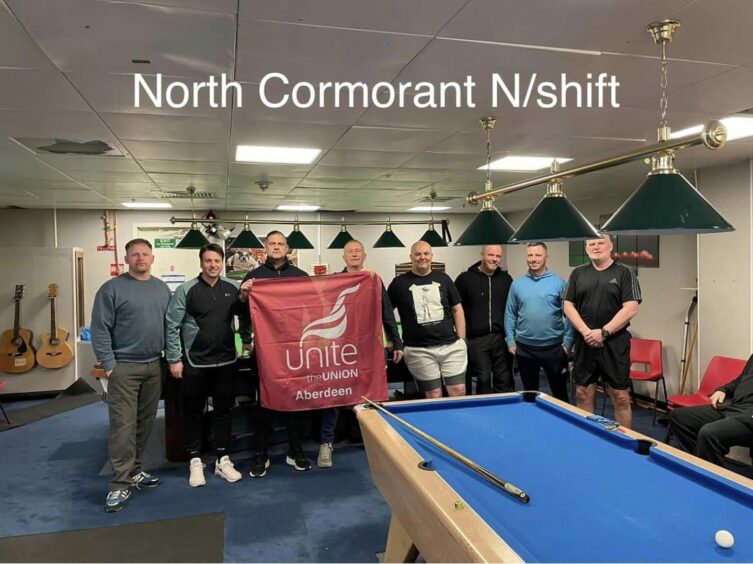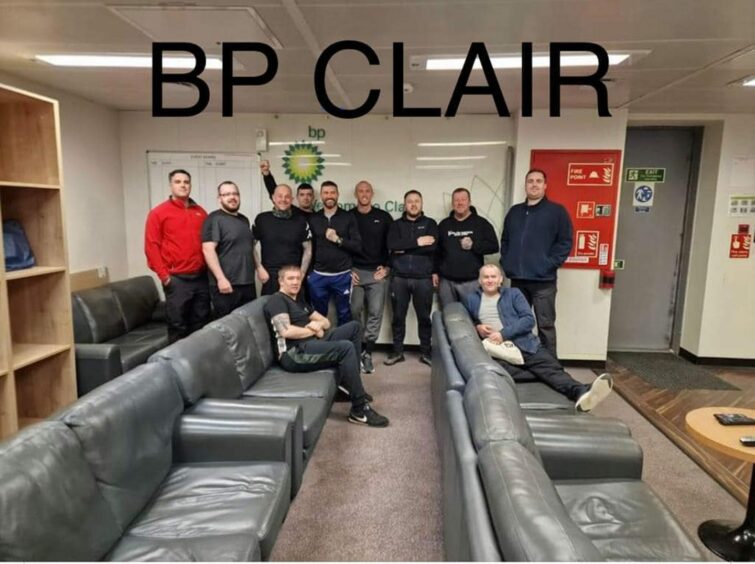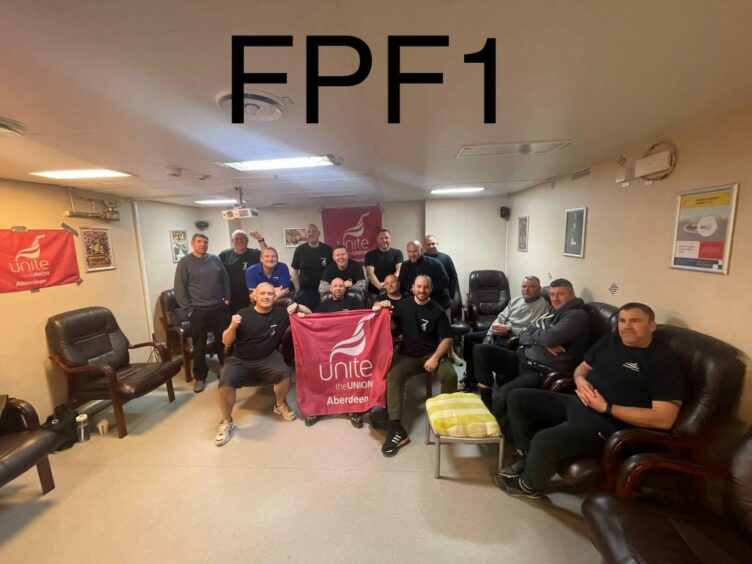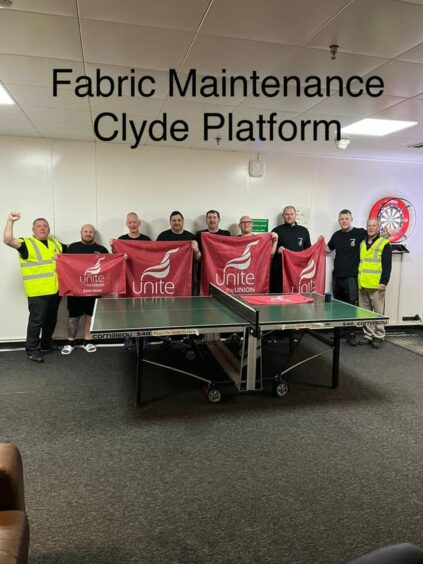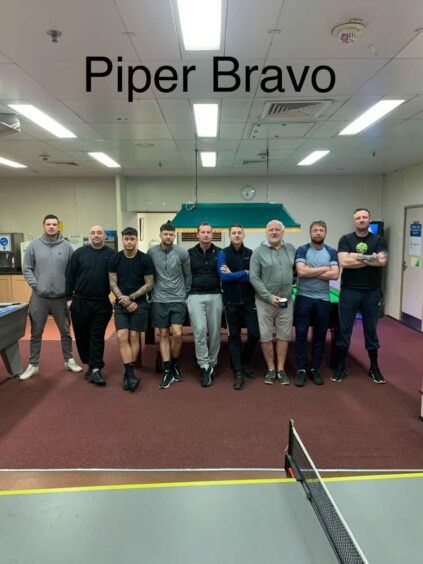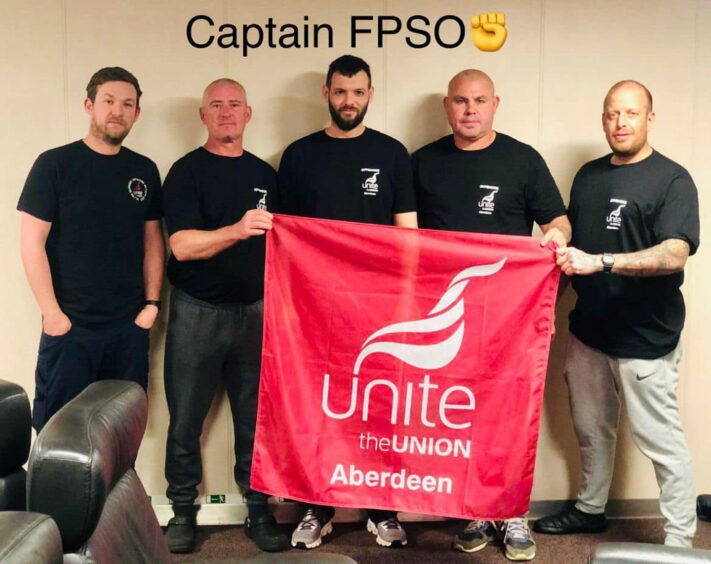
An industry trade body is calling on all sides to get around the table in order to avoid another wave of North Sea walkouts.
Irene Bruce, energy services manager at Offshore Energies UK (OEUK), says she respects the right for oil and gas workers to take part in strikes.
But she believes industrial action “does not offer a solution”, and is unhelpful at a time when industry is fighting an uphill battle to attract inwards investment.
Consequently, the trade body is encouraging operators, contractors, unions and others to find “constructive ways to address the workforce concerns”.
A huge round of offshore strikes – billed by Unite as the largest stoppage in a generation – wrapped up at midnight.
Around 1,300 workers spread across multiple platforms downed tools on Monday and Tuesday in a bid to secure better pay and working conditions.
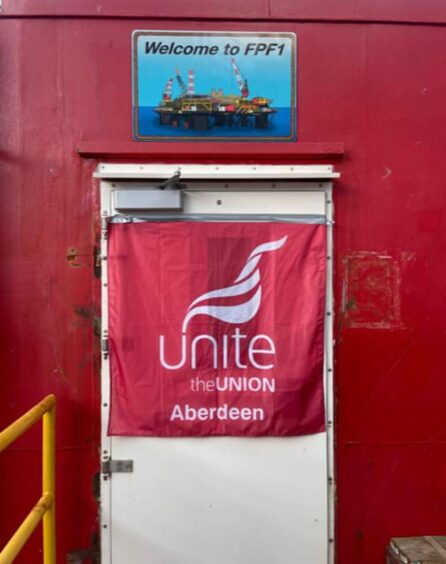
Union bosses claimed the action caused some North Sea platforms to stop producing, something that was played down by operators.
Another round of strikes is slated for next month, as feelings of injustice amongst the workforce – driven largely by many oil companies’ posting record profits – continue to burn.
Ms Bruce said: “We are aware of the potential for further strike action and whilst we respect the right for people to take industrial action, we continue to encourage those involved to engage and work together to find constructive ways to address the workforce concerns.
“The operator and contractor companies’ focus continues to be on maintaining safe operations for our people and ensuring continuity of production to maintain energy security for the UK.
“Workers in all sectors across the UK are feeling the impact of the cost-of-living crisis, however industrial action does not offer a solution, nor is it helpful for our sector, which is doing all it can to attract the investment essential to protect jobs and meet the UK’s energy needs.”
Speaking earlier this week, North Sea workers said they feel “disenchanted” with the oil and gas industry, highlighting pay and conditions, which have failed to bounce back to pre-downturn levels.
A perceived lack of movement on wages, amplified by the UK’s ongoing cost-of-living crisis, has resulted in countless strikes in the last year.
Issues around three week on/ three week off rotas for the workforce, described as “hated” due to the pattern’s impact on mental health, have also reared their head.
Among those to have downed tools in this latest cycle were electrical, production and mechanical technicians, alongside deck crew, scaffolders, crane operators, pipefitters, platers and riggers at Bilfinger UK, Petrofac, Stork and Sparrows.
Recommended for you


